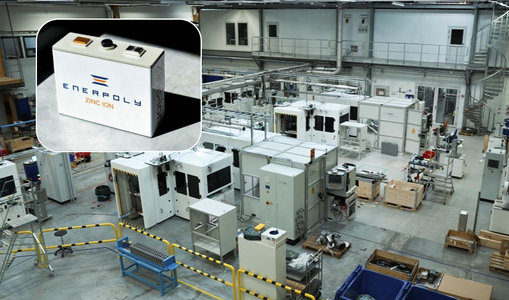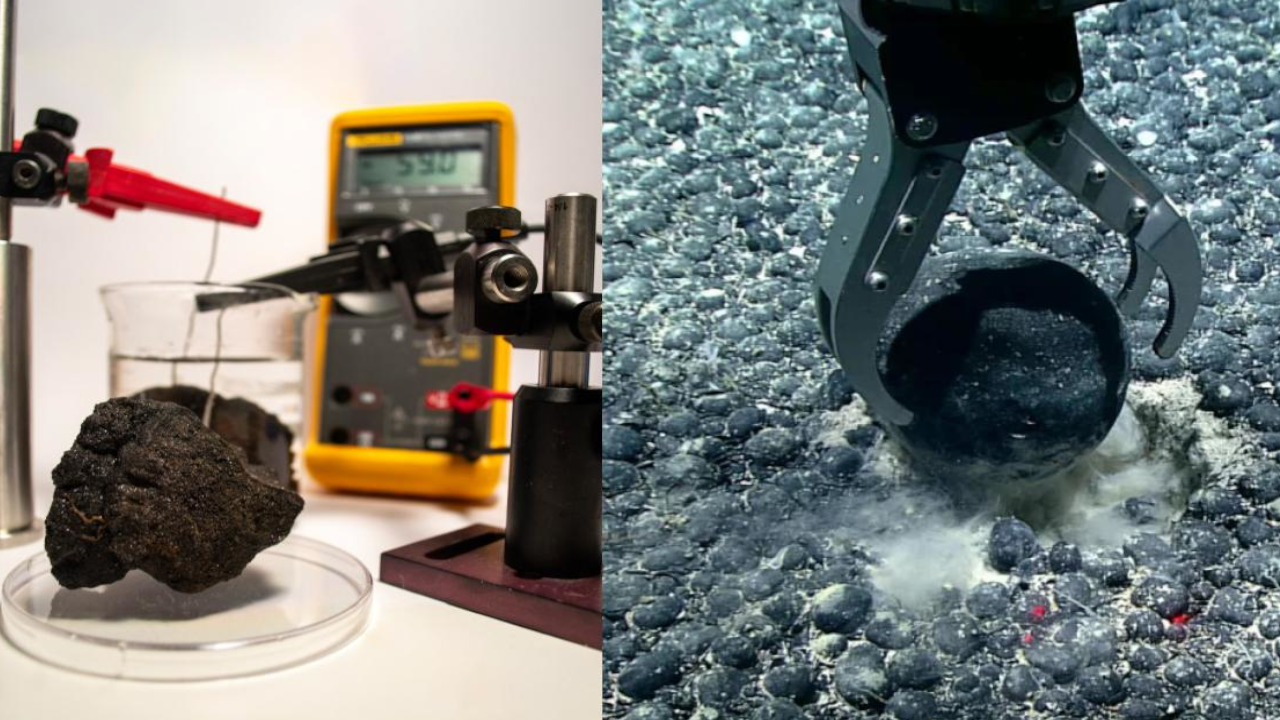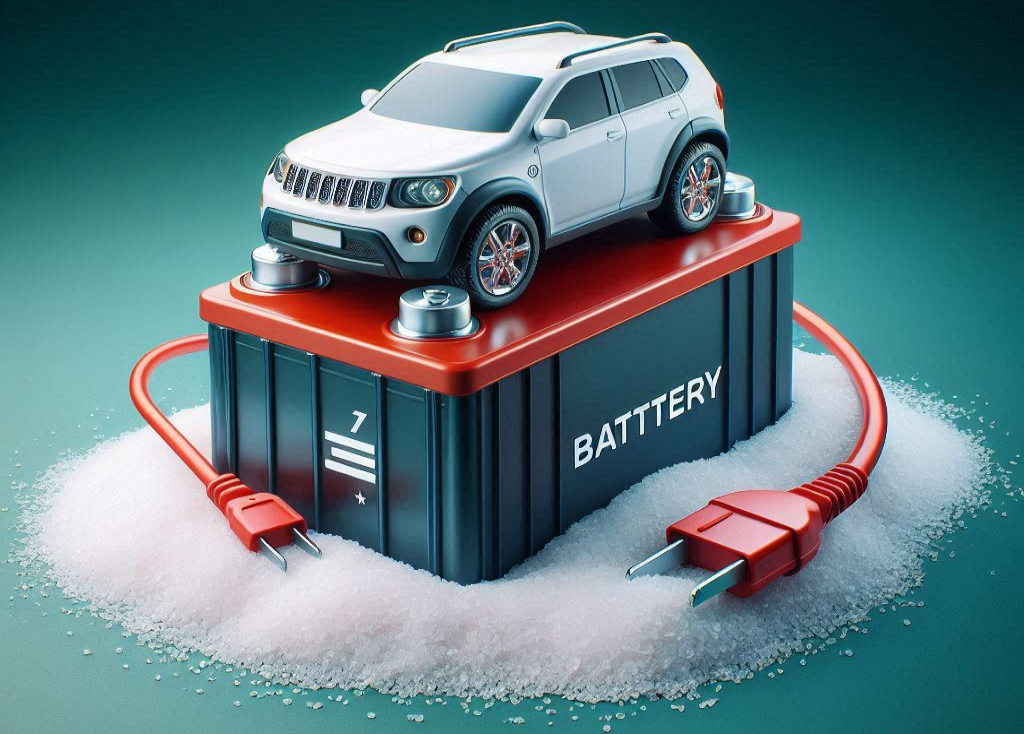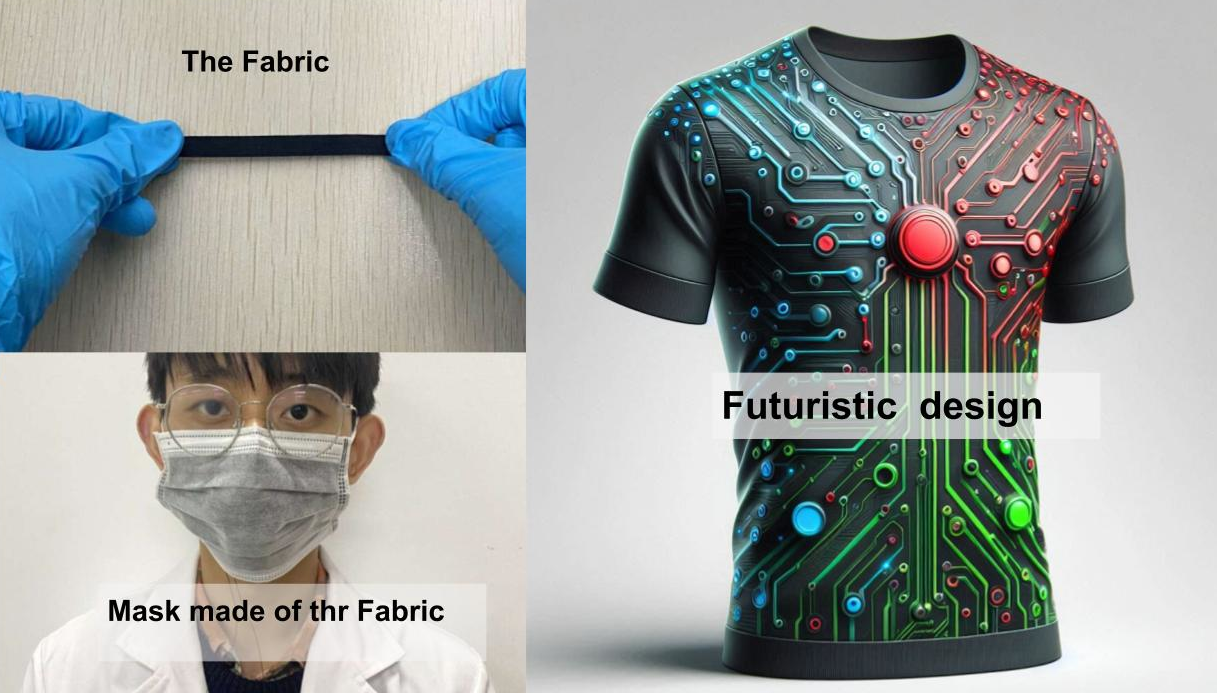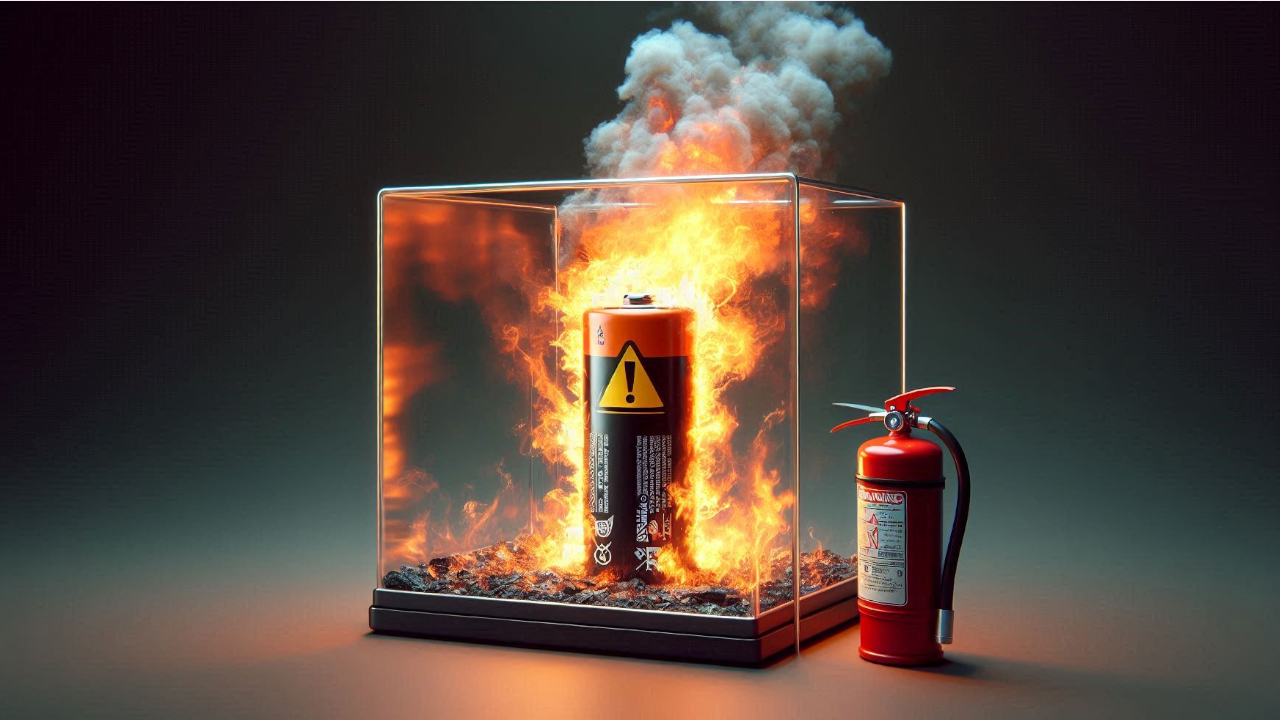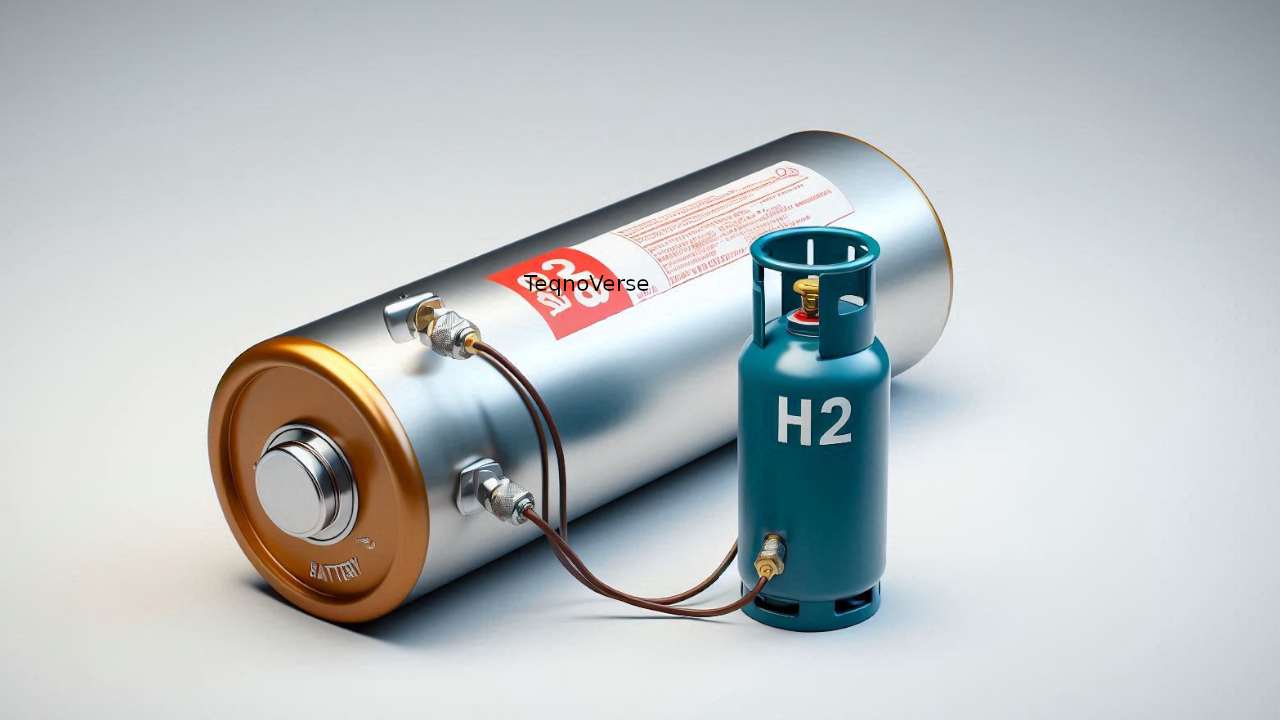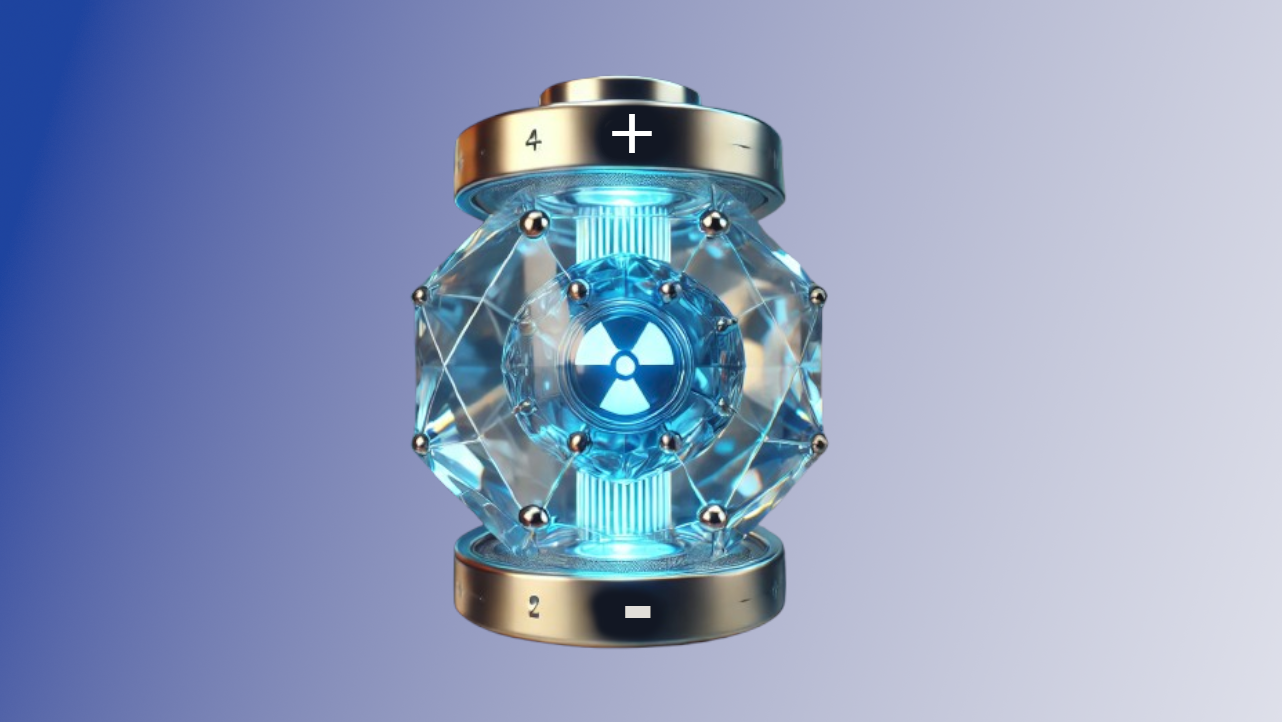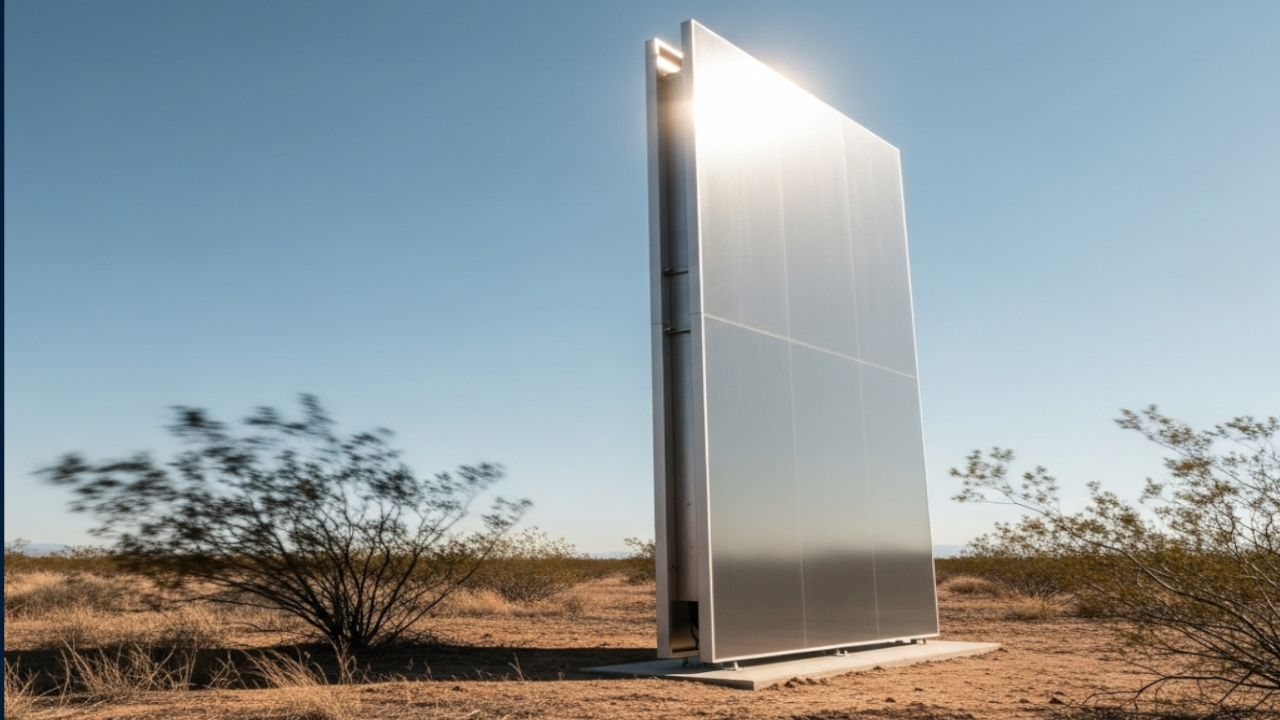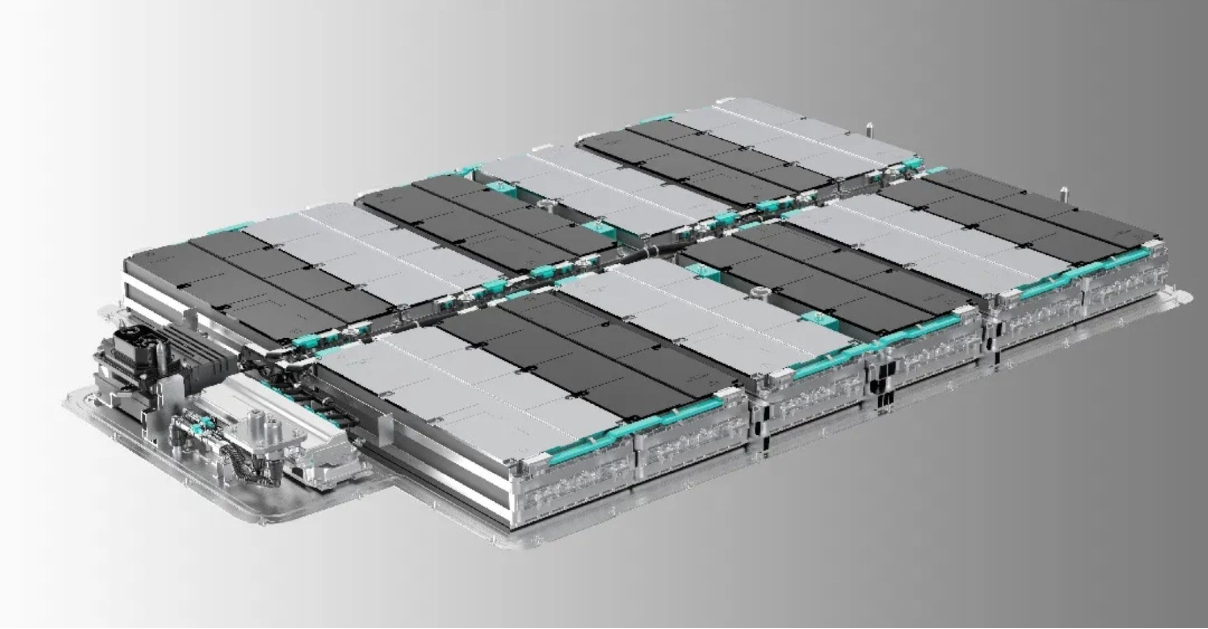In a significant step towards more sustainable energy storage, Swedish company Enerpoly has inaugurated its zinc-ion battery megafactory north of Stockholm. This marks the world's first large-scale production facility dedicated to this type of battery.
Spanning 6,500 square meters, the factory is designed to produce 100 megawatt-hours of batteries annually. While production has already commenced, the full capacity is expected to be reached by 2026.
Enerpoly has chosen zinc-ion technology over the more common lithium-ion due to its lower cost, higher safety, environmental friendliness, and longer lifespan. Zinc is more abundant and cheaper than lithium, making its extraction less resource-intensive and environmentally harmful. Additionally, zinc-ion batteries use a water-based electrolyte, making them non-flammable and able to withstand a wider temperature range. With an estimated lifespan of 20 years, they significantly outlast lithium-ion batteries, which typically last around 12 years.
However, this comes at the cost of energy density. Lithium-ion batteries still offer a higher energy density, meaning they can store more energy in the same weight and volume. Zinc-ion batteries have an energy density of around 106 watt-hours per kilogram, compared to 250 watt-hours per kilogram for standard lithium-ion batteries. This factor alone makes lithium-ion batteries the preferred choice for portable devices like laptops and electric vehicles. Nevertheless, zinc-ion batteries could be well-suited for stationary energy storage applications where weight is less of a concern, and the advantages of safety and cost are more significant.
This new factory is poised to contribute to the development of alternatives to lithium-ion batteries, offering a potentially cheaper and more environmentally friendly option. It is also expected to stimulate further research to improve the performance and energy efficiency of zinc-ion batteries, fostering innovation in clean energy technologies.
